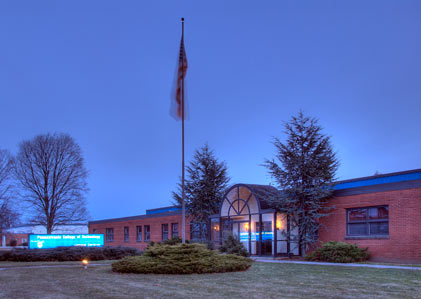Eastern Michigan University
Eastern Michigan University in Ypsilanti, MI offers a bachelor’s degree program in technology management. All coursework is presented online and is designed to prepare graduates for management and leadership positions. While this program is not exclusive to HVAC students, those with an associate degree in HVAC (as well as other fields) are eligible to apply.
Before graduation, students must complete specified general education courses, including a writing seminar. Courses specific to the major include Management of Technological Change; information technology management and organizations; managing for process improvement; technology project management; principles of microeconomics; and principles of macroeconomics.
Aside from these requirements, the major is generally open-ended and appropriate for anyone with a technology-based associate degree who wishes to pursue further studies. This type of degree is ideal for someone who wants a management role at an HVAC company.
- Location: Ypsilanti, MI
- Accreditation: Higher Learning Commission (HLC)
- Expected Time to Completion: Two to four years



